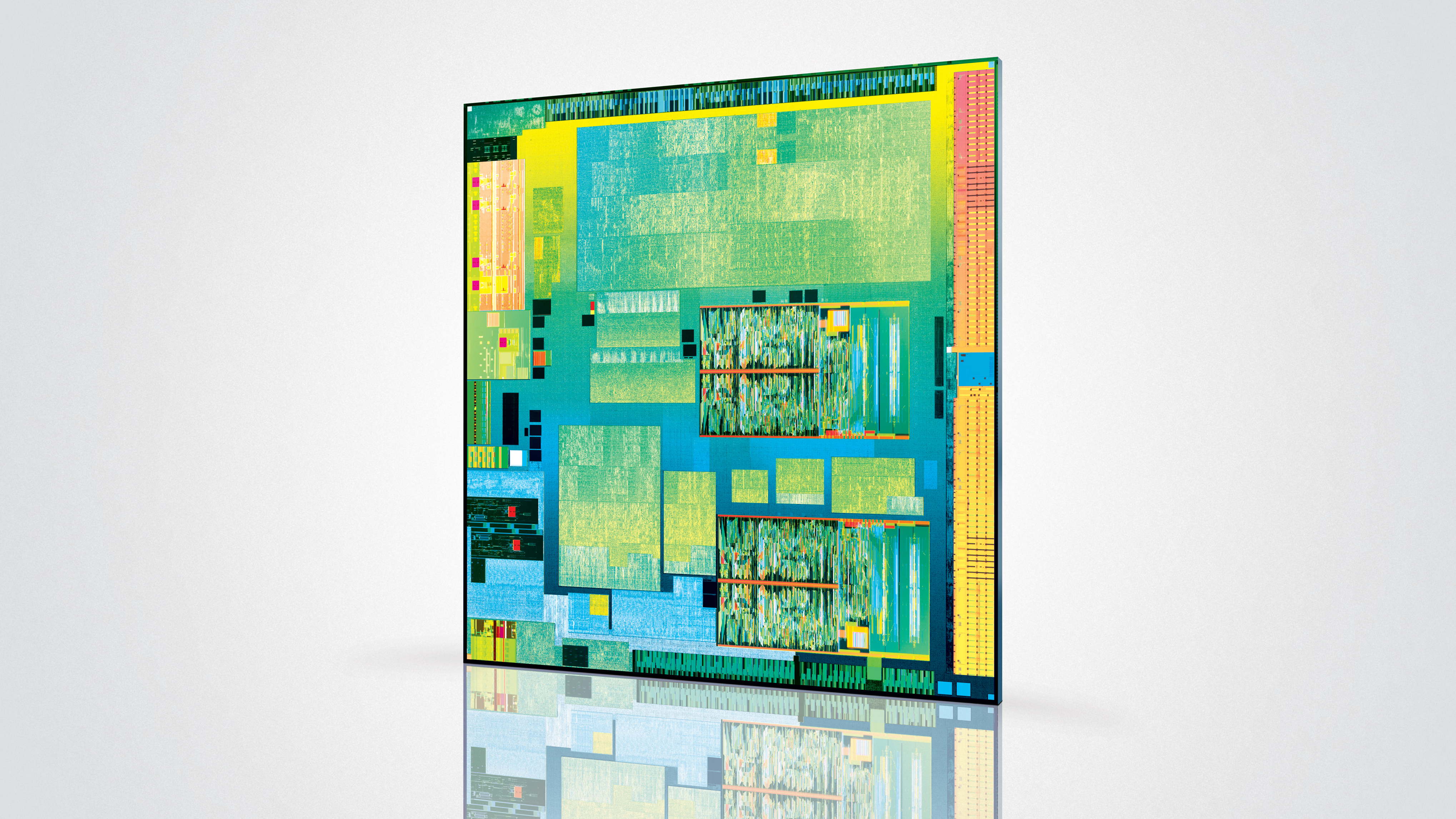
For now Apple's new iPad Air and its other A7-processor equipped devices are sitting pretty as 64-bit mobile devices, but Intel says that's all going to change next year.
The chipmaker revealed as much during an investor meeting this week, where CEO Brian Krzanich informed attendees that the company is developing a 64-bit version of the Android. The plan is to release tablets running the OS following Bay Trail tablets running 64-bit versions of Microsoft's Windows 8.1.
The Windows 8.1 tabs are expected in the first quarter next year.
Krzanich went on to say that Android tablets equipped with Bay Trail processors could come with a starting price of $150 (about £92/AU$162). What's more, apparently all Bay Trail chips already support 64-bit addressing, which means a software update could make a whole range of Bay Trail devices 64-bit capable as well.
Intel is also currently developing an image of Android 4.4 KitKat.
What does 64-bit really mean anyway?
For a long while now, most Android mobile devices ran on ARM or Intel processors equipped with 32-bit versions of the OS. Meanwhile, Apple's latest hardware, namely the iPad Air, iPad Mini 2 with Retina display and iPhone 5S, have the A7 processor and 64-bit iOS operating system.
Technically speaking Apple isn't the first 64-bit mobile device maker. Microsoft introduced its original Surface Pro tablet running a full version of 64-bit Windows 8 last year. But this is closer to carrying around a full-fledge PC because it packed a real Intel Core i5 processor.
Are you a pro? Subscribe to our newsletter
Sign up to the TechRadar Pro newsletter to get all the top news, opinion, features and guidance your business needs to succeed!
Semantics aside, a 64-bit system on mobile devices grants access to greater increased system memory and paves the way for Ultra HD video. Thirty-two-bit systems thus far have always been limited to 4GB of RAM.
It probably won't be a big issue for some years to come, especially as the only phone that will reach this memory limit is the rumored Samsung Galaxy S5. Currently 3GB of RAM is the highest we've seen on handset like the Samsung Galaxy Note 3 and LG G2.
Via PC World
Kevin Lee was a former computing reporter at TechRadar. Kevin is now the SEO Updates Editor at IGN based in New York. He handles all of the best of tech buying guides while also dipping his hand in the entertainment and games evergreen content. Kevin has over eight years of experience in the tech and games publications with previous bylines at Polygon, PC World, and more. Outside of work, Kevin is major movie buff of cult and bad films. He also regularly plays flight & space sim and racing games. IRL he's a fan of archery, axe throwing, and board games.
